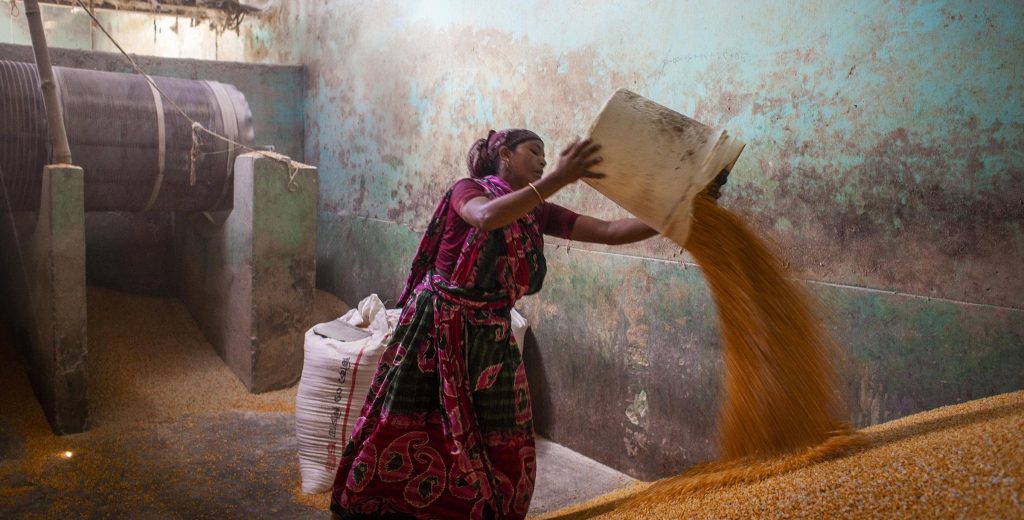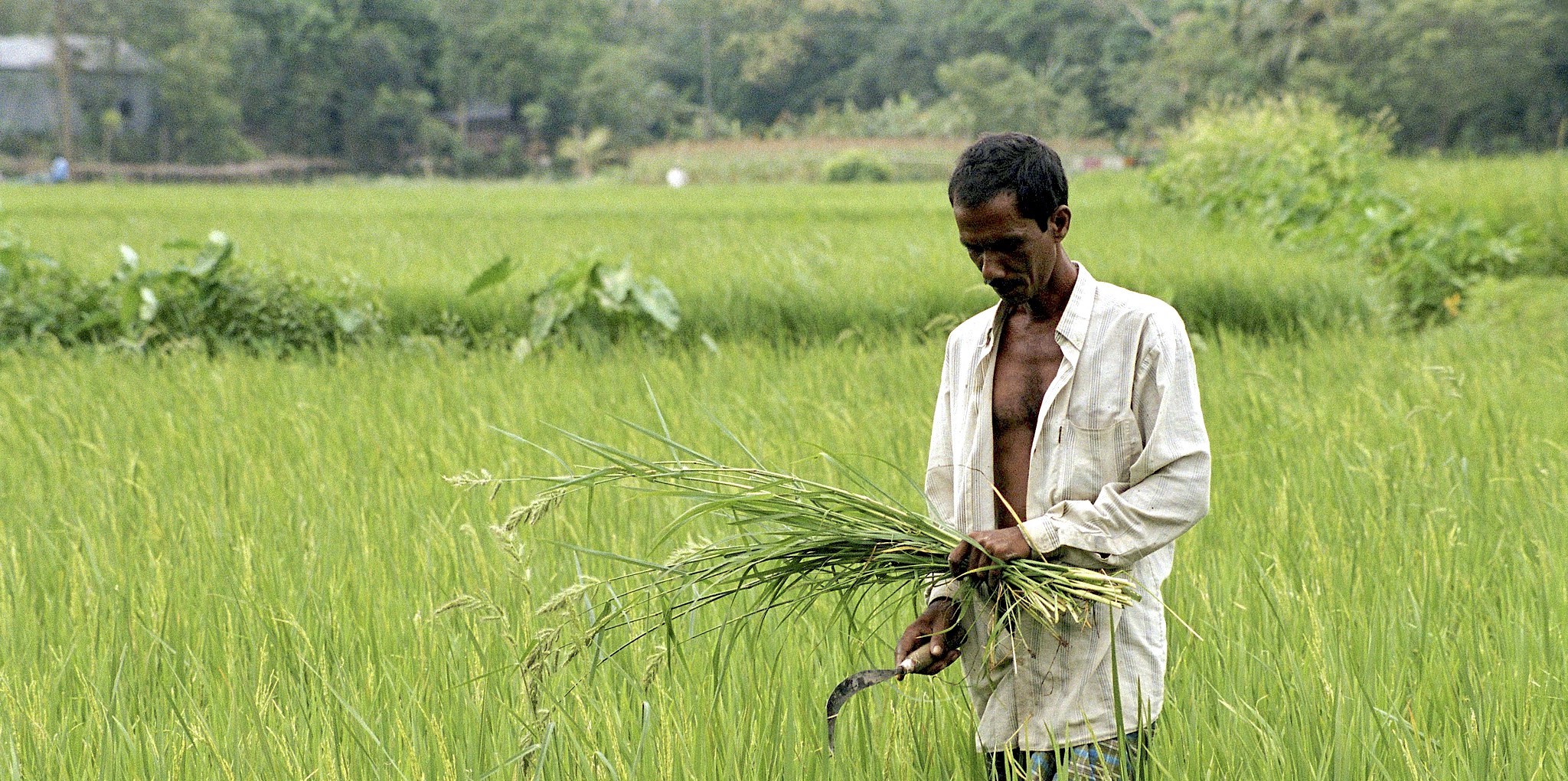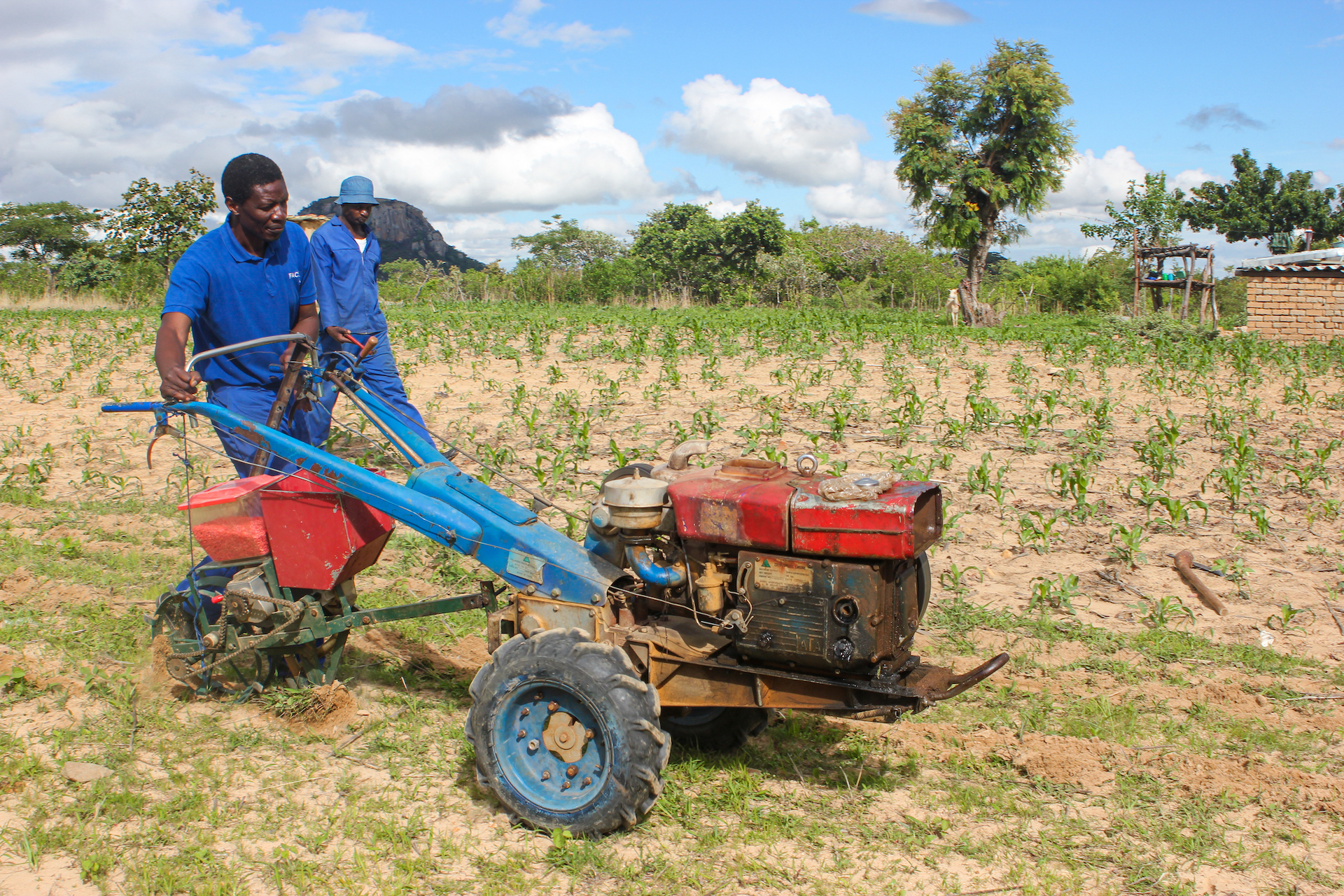The COVID-19 global health crisis has disrupted food and agricultural systems around the world, affecting food production, supply chains, trade and markets, as well as people’s livelihoods and nutrition. Following an initial assessment in May 2020, the Food and Agriculture Organization of the United Nations (FAO) joined the International Fund for Agricultural Development (IFAD), the International Maize and Wheat Improvement Center (CIMMYT) and other CGIAR centers to conduct a comprehensive assessment of the impacts of the COVID-19 pandemic on Bangladesh’s agri-food system.
The report shares critical reflections and lessons learned, as well as providing detailed quantitative and qualitative information on all disruption pathways and possible recovery strategies.
According to the research team, the major visible impact was the decline of food demand due to the disruption of value chain actors in the food market and income shortages, especially among low- and daily wage-earning populations. This reduced demand lead in turn to reduced prices for agricultural goods, particularly perishable food items like vegetables, livestock and fish products.
Additionally, constraints on the movement of labor led to a disruption in agricultural services, including machinery and extension services, while domestic and international trade disruptions created input shortages and lead to price volatilities which increased production costs. This increase, coupled with reductions in production and output prices, essentially wiped farmer profits.

Building back a better food system
The latest report was launched at the same time as the CGIAR COVID-19 Hub in Bangladesh, which aims to build local resilience to the effects of the pandemic and support government-led recovery initiatives. At a panel discussion presenting the results of the assessment, researchers emphasized the importance of social safety net mechanisms and food demand creation, as well as the need for strong monitoring of food systems to ensure continued availability and affordability, and early detection of any critical issues.
The discussion centered on the need for public access to trustworthy information in order to raise awareness and instill confidence in the food they consume. One key recommendation which emerged is facilitating the digitalization of farming, which looks to re-connect farmers and consumers and build the food system back better. The accelerated development of digital platforms connecting farmers to markets with contactless delivery systems can ensure the safer flow of inputs and outputs while generating a higher share of consumer money for farmers. There is also a need to explore green growth strategies for reducing food waste — the creation and distribution of improved food storage systems, for instance — and circular nutrient initiatives to better utilize food waste as feed and bio manure.
Read the full report “Second rapid assessment of food and nutrition security in the context of COVID-19 in Bangladesh, May – July 2020”

 Gender equality, youth and social inclusion
Gender equality, youth and social inclusion 


